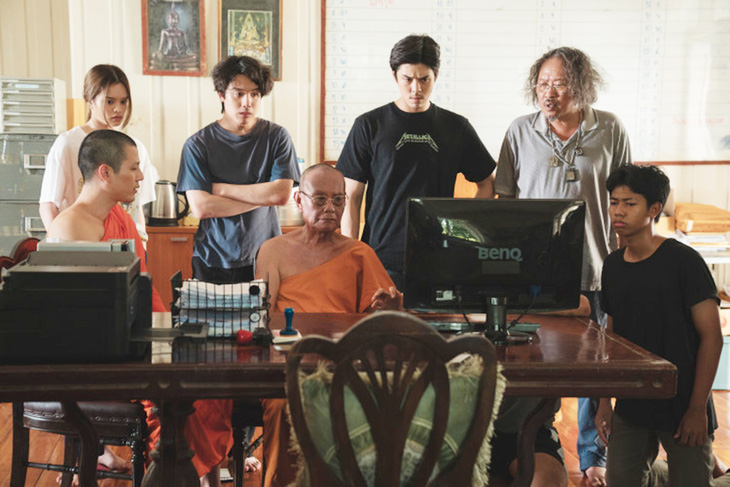
Scene from the movie Satu
Dear, Win, Game are three young men who are talented, dynamic and have a sharp business mind. At the beginning of the film, the audience witnesses their success when they are all very young.
But success hides betrayal. The shock hits the three friends when all the money they earned in one night is gone.
Create fake miracles
Together, during a trip to the temple, the three of them came up with the idea of running a temple business. Using their organizational skills, they operated the small, little-known temple like a business.
With the appearance of Teeradon Supapunpinyo (familiar to Vietnamese audiences through the movie Bad Genius) in the role of Win, the audience is promised a dramatic performance of characters pushed to the end, and faith becomes the only way out.
SATU (2024) | Trailer sub ita della serie thailandese di Netflix
They trade in faith, they create fake miracles, they set up new holy priests for profit.
In a country where Buddhism is the state religion, it is hard to believe that director Wattanapong Wongwan would make a film with such a sensitive plot.
However, watching the film, we do not see blasphemy, but instead feel the strong faith of the people.
The faith here is pure and sincere, but it is humans who have polluted that purity. The film also raises difficult ethical questions.
On the one hand, Dear, Win, Game, with his talent and vision, turned a temple located in a remote suburb with few visitors, into a vibrant place attracting many Buddhists.
Everyone acknowledges that thanks to them the temple developed.
However, their purpose was not to propagate Buddhism. From the beginning, they wanted to make money from their faith. And the senior abbot of the temple knew that. At the same time, he also knew that he needed these young people to serve the temple.
The abbot lay helpless on his sickbed, witnessing all the chaos and turmoil, both public and covert, that took place in his temple. It was like the image of any old, steadfast value wavering between two lines before the changes of the times. An era dominated not only by material things but also by the power of the media.
Dear, Win, Game plunge into the battle to reach the desire for wealth. A sincere but tragic desire. The development shows that they are just children who have immersed themselves in a world governed by long-established unspoken rules.

Three friends "do free business"
The story of Satu and the 400-year sentence in real life
Director Wattanapong shows his talent in developing the film's plot. Starting from an idea that sounds funny at first, he tells it from a satirical perspective.
The deeper the film goes, the more dark corners it reveals, the more suspenseful the atmosphere becomes. At its climax, the reveal brings with it the prospect of a potential sequel if the director is still interested.
However, the acting of all three main characters is not always good throughout the nine episodes. They are inherently always swinging between two moods of excitement and tension. The complex inner transformation belongs to a supporting character, the monk Don.
Monk Don lived in seclusion in a small temple in the middle of the forest. Dear, Win, Game took advantage of his kindness and invited him to the temple they ran to practice.
Monk Don made the journey from the forest to the city, from the city back to the forest, then from the forest back to the city, and finally, one last time, returned to his small temple in the middle of the forest.
This can be considered the vicious cycle of sentient beings in this world, and also the challenge of a practitioner facing temptations in a complex and dangerous world.
Just like the verse: Love is a thousand red waves/ The sea of suffering is a thousand waves.
Coincidentally, when Satu was just released, in the film's homeland, the case of the former abbot embezzling more than 200 billion VND had just ended with a sentence of 468 years in prison.
Therefore, although Wattanapong expanded his observations in the relationship between religion and life, Satu still returned to the fundamental question: how to escape from endless suffering?
The three friends just wanted to earn enough money to pay off their debts and stop "freelancing". But they fell into their own trap, with no way out.
Perhaps, the image of monk Don, after many challenges, determined to practice and leave the world of luxury, is the message that the director wants to convey? That people should return to their original mind to find peace.

The scene where Don and Dear look out at the ocean is like a fable about the boundless sea of suffering. People and even monks see it, but still find it difficult to escape.
Source


![[Photo] Ho Chi Minh City speeds up sidewalk repair work before April 30 holiday](https://vstatic.vietnam.vn/vietnam/resource/IMAGE/2025/4/3/17f78833a36f4ba5a9bae215703da710)
![[Photo] Prime Minister Pham Minh Chinh chairs the first meeting of the Steering Committee on Regional and International Financial Centers](https://vstatic.vietnam.vn/vietnam/resource/IMAGE/2025/4/3/47dc687989d4479d95a1dce4466edd32)

![[Photo] A brief moment of rest for the rescue force of the Vietnam People's Army](https://vstatic.vietnam.vn/vietnam/resource/IMAGE/2025/4/3/a2c91fa05dc04293a4b64cfd27ed4dbe)
![[Photo] Capital's youth enthusiastically practice firefighting and water rescue skills](https://vstatic.vietnam.vn/vietnam/resource/IMAGE/2025/4/3/3f8481675271488abc7b9422a9357ada)
![[Photo] Prime Minister Pham Minh Chinh chairs meeting after US announces reciprocal tariffs](https://vstatic.vietnam.vn/vietnam/resource/IMAGE/2025/4/3/ee90a2786c0a45d7868de039cef4a712)



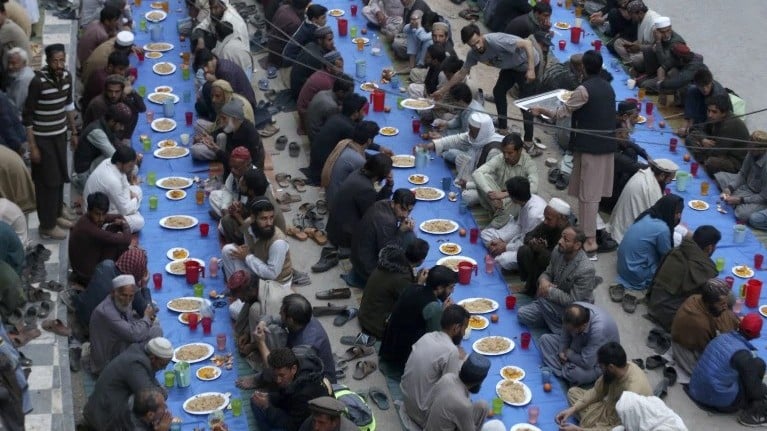







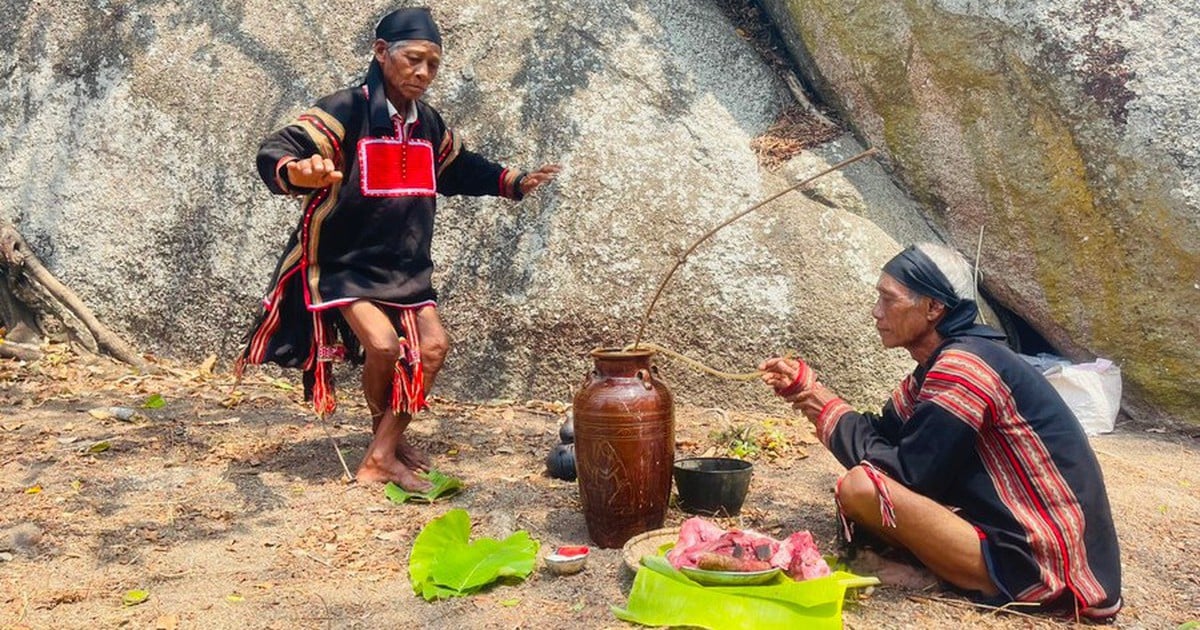





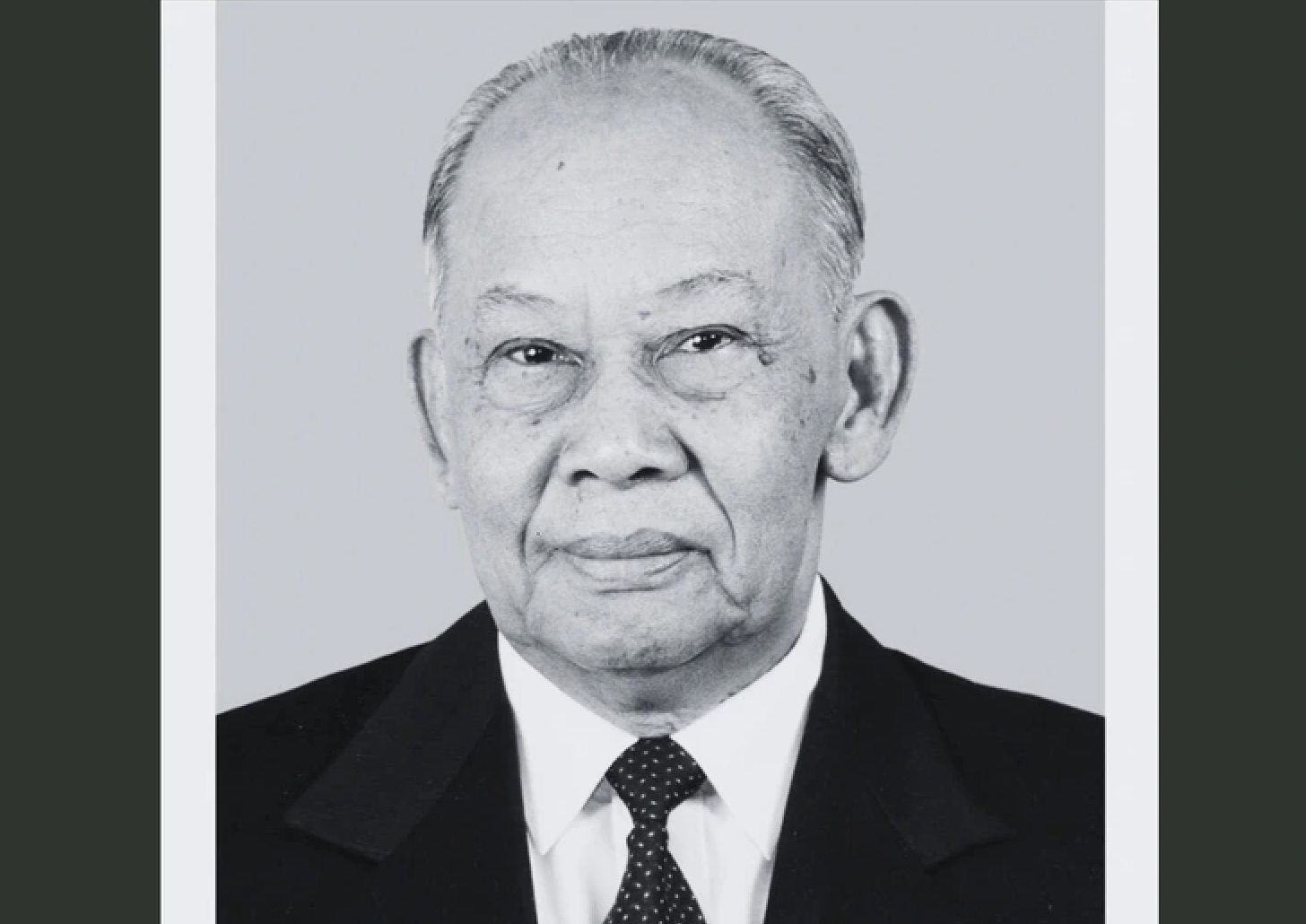



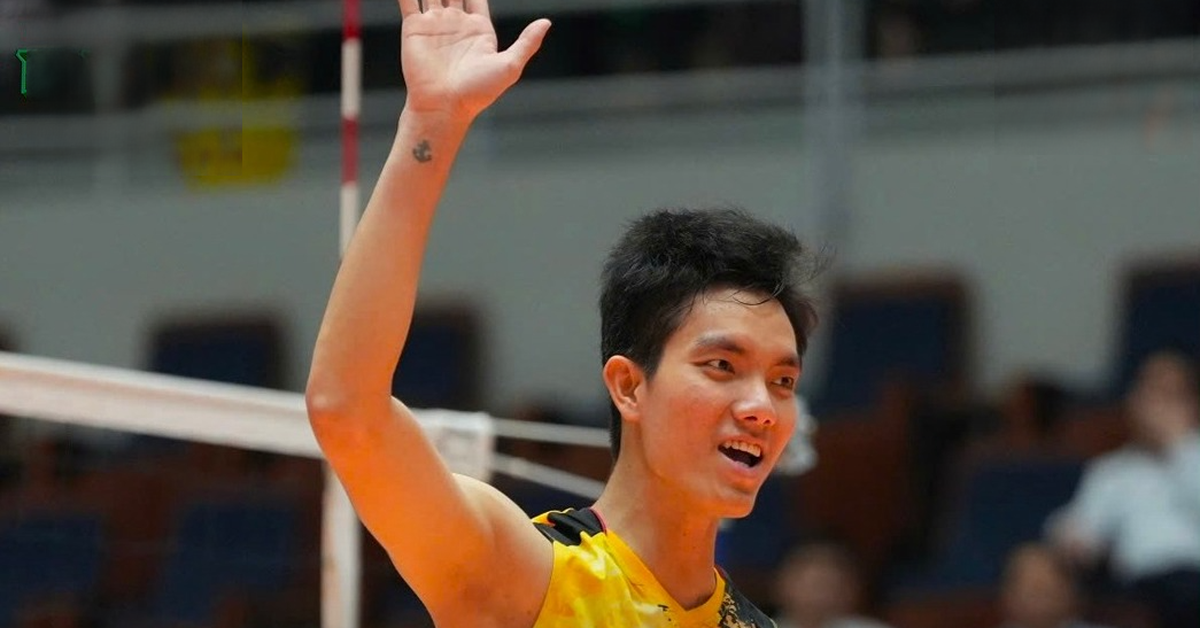































































Comment (0)